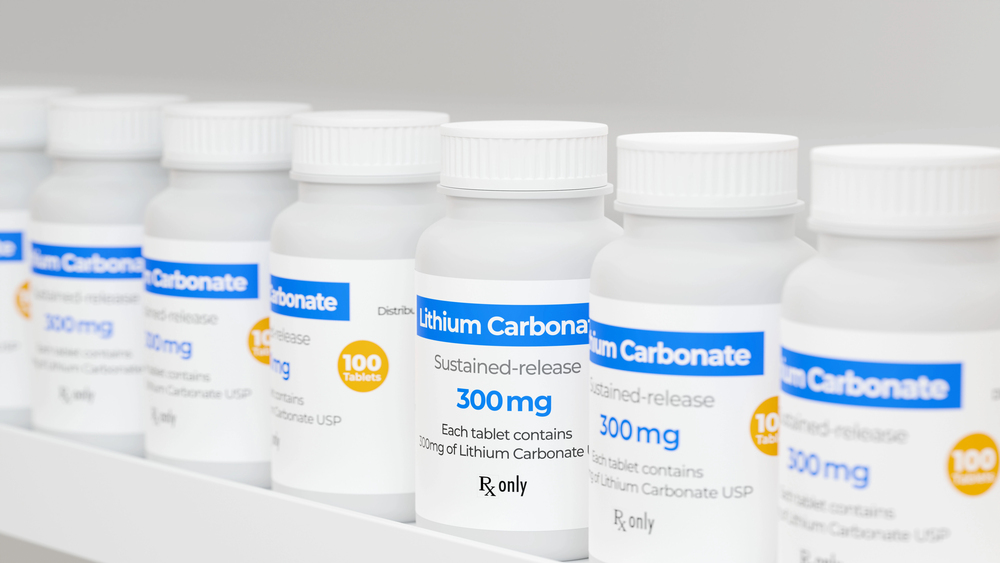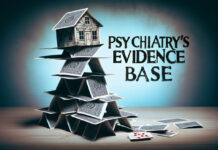In a new study, researchers found that even short-term lithium use doubled the risk of hypothyroidism, hyperthyroidism, and chronic kidney disease. The study focused on patients with a bipolar disorder diagnosis in Hong Kong.
Higher lithium levels were associated with a higher risk for thyroid and kidney problems, but the increased risk still showed up at serum lithium levels lower than those recommended by treatment guidelines. According to the researchers, guidelines suggest lithium levels of 0.60 to 0.80 mEq/L. However, the increased risk for hypothyroidism, hyperthyroidism, and chronic kidney disease showed up at 0.50 to 0.58 mEq/L.
“These data can provide important empirical evidence that can inform clinical guidelines on determining optimal range of lithium serum levels, balancing treatment efficacy and safety, and promoting personalized treatment for BD, particularly in Asian populations,” the researchers write.
The study was led by Joe Kwun Nam Chan and Wing Chung Chang at the University of Hong Kong. It was published in JAMA Network Open.
















Good read. I’ve had people pushing lithium and they’re health conscious. I just know from personal experience and research like this that it’s not good for me and I would suffer harder and faster than others because of my increased sensitivity. I’m finally free of the psychotropic forced injuries I endured, and after almost 5 years, my health is dramatically improved. Both mental and physical. It’s great to know you’re all out there doing this work. You’re how I survived, and so many others.
Report comment
I meant psychiatric* but I guess it’s similar enough to psychotropic.
Report comment
i’ve been taking lithium carbonate 900mg for 25 years. I get the blood tests 2x a year and so far i’m heathy. i’m 50 years old. i stay really hydrated. i take good care of myself. And I do good shit in the world. Maybe I’ll end up regretting it later but I was definitely having a really hard time keeping it together without drugs.
Report comment
I had a cousin who lived near a refinery for 30 years, never got cancer and a really good painter!
Report comment